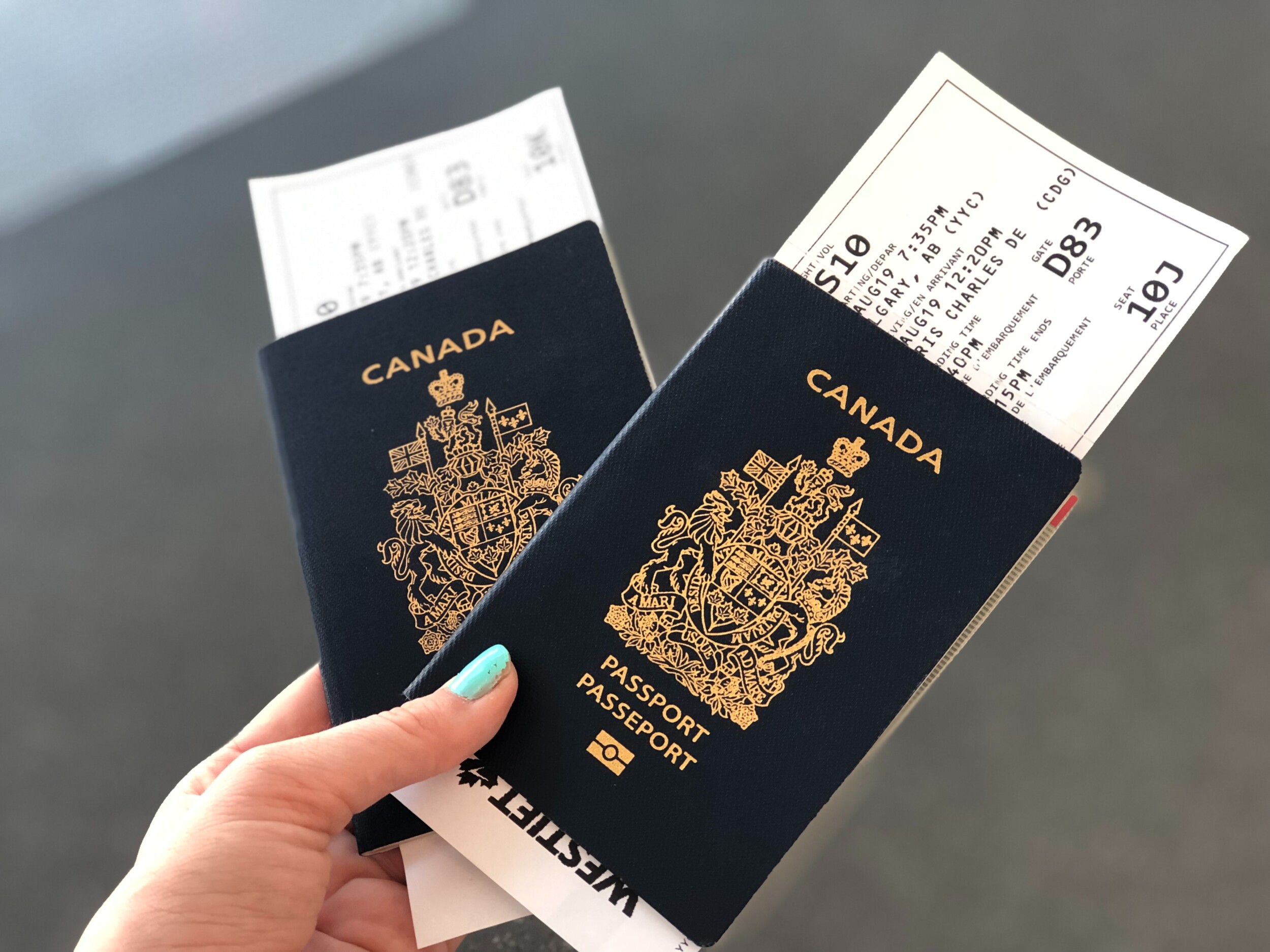23 juni 2023
Difference between a work visa and work permit in the Netherlands
Has it been your dream to work outside of your home country? To explore the culture, while earning a living in the field of your choice? In that case you might need a visa or permit to do so. Especially in the Netherlands. There are several kinds of work visas and work permits in the Netherlands, but before we dive into those, we go back to the basics explaining what they mean, what they are for and the difference between them. This way you know which kind of document you might need and won’t waste your time looking for the wrong one.
What is the difference between a permit and a visa?
Visas and permits are official documents or authorizations granted by a government that allow individuals to enter, stay, and engage in specific activities within a country’s borders. In essence, visas primarily deal with entry and stay permissions granted by a country’s diplomatic mission. While permits are more focused on authorizations granted by local government authorities for specific activities within the country. However, the terminology and specific usage of visas and permits can vary from country to country, so it is important to refer to the specific regulations and requirements of the destination country in question.
When do you need them?
Dutch work visas and permits in the Netherlands are documents that allow foreign nationals to legally work here. These visas and permits are designed to regulate the employment of non-EU/EEA (European Union/European Economic Area) citizens in the country. They ensure that individuals meet specific requirements and have the necessary authorization to work in the Dutch labor market.

Common types of work visas and permits in the Netherlands
- Highly Skilled Migrant (HSM) Permit: This permit is for highly skilled workers from outside the EU/EEA who have a job offer from a recognized Dutch employer. The HSM permit simplifies the process for both the employer and employee, as it allows for flexible employment and fast-track application procedures.
- Orientation Year (Search Year) Permit: This permit is for international graduates from Dutch universities and certain higher education institutions. It allows them to search for employment or start a business in the Netherlands for up to one year after completing their studies.
- Work Permit (TWV): Employers in the Netherlands are generally required to obtain a work permit (Tewerkstellingsvergunning or TWV) before hiring non-EU/EEA employees. The employer must demonstrate that there are no suitable candidates available from within the EU/EEA for the job position.
- Intra-Corporate Transfer (ICT) Permit: This permit is for employees of multinational companies who are being transferred to a Dutch branch or subsidiary. The employee must have worked for the company for a specified period and meet certain salary requirements.
- Self-Employment Visa: Non-EU/EEA nationals who wish to start their own business in the Netherlands can apply for a self-employment visa. They must meet specific criteria related to their business plan, investment, and contribution to the Dutch economy.
These are just a few examples of the various work visas and permits available in the Netherlands. Each type has its own eligibility requirements, application procedures, and validity periods. It is important to consult the Dutch immigration authorities or an immigration lawyer for detailed and up-to-date information based on your specific circumstances. If you wish to employ some help along the way, you can also reach out to an Employer of Record.
What is the difference between a Dutch work visa and a Dutch work permit?
The terms “Dutch work visa” and “Dutch work permit” are sometimes used interchangeably, but they refer to different aspects of the authorization required to work in the Netherlands. Here’s the difference between the two.
Dutch Work Visa
A work visa is a document issued by a Dutch embassy or consulate in your home country or country of residence. It grants you permission to enter the Netherlands for the purpose of work. A work visa is typically obtained before traveling to the Netherlands and is often affixed to your passport or issued as a separate document. It serves as proof that you are allowed to enter the country for employment purposes.
Dutch Work Permit
A work permit, also known as a “Tewerkstellingsvergunning” (TWV) in Dutch, is a document that gives you legal permission to work in the Netherlands. It is issued by the Dutch immigration authorities, such as the Employee Insurance Agency (UWV) or the Immigration and Naturalization Service (IND). The work permit is usually obtained by your employer on your behalf. It is linked to a specific job and employer and outlines the conditions and duration of your employment.

Would you like to work in the Netherlands?
In summary, a work visa is the authorization to enter the Netherlands for work purposes, while a work permit is the authorization to actually work in the country once you have entered. Both documents are often required for non-EU/EEA citizens to legally work in the Netherlands. The specific requirements and procedures for obtaining a work visa and work permit may vary depending on your nationality, the type of work you will be doing, and other factors.
An Employer of Record is here to help you on your way. If you were to experience any type of trouble along the way during the application process for a work visa or relocation to the Netherlands, an EOR understands the Dutch legislation and regulation perfectly. They will know instantly if you need a visa or permit and if so, which one. Employer of Record in the Netherlands is here to lighten the workload and help you on your way. Get in touch with us to see what we can do for you.
